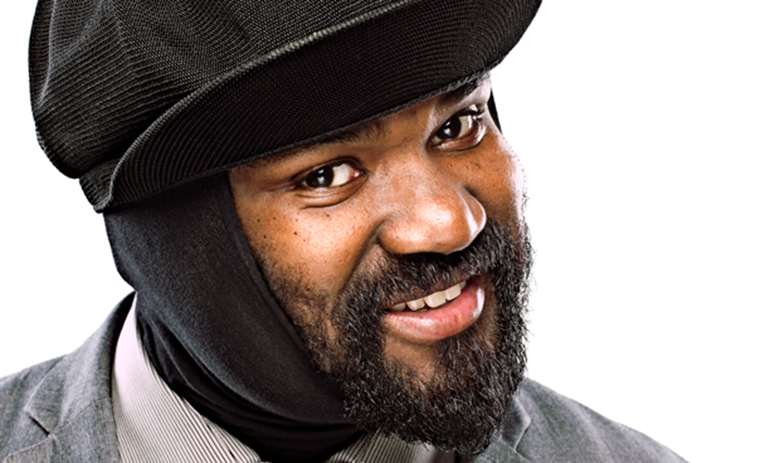Gregory Porter – street life
Tuesday, May 31, 2016
Singing sensation Gregory Porter has come a long way since the UK release of his debut album, Water, in 2011 and his first ever worldwide front cover in Jazzwise in March 2012.


Register now to continue reading

Thank you for visiting Jazzwise.co.uk. Sign up for a free account today to enjoy the following benefits:
- Free access to 3 subscriber-only articles per month
- Unlimited access to our news, live reviews and artist pages
- Free email newsletter